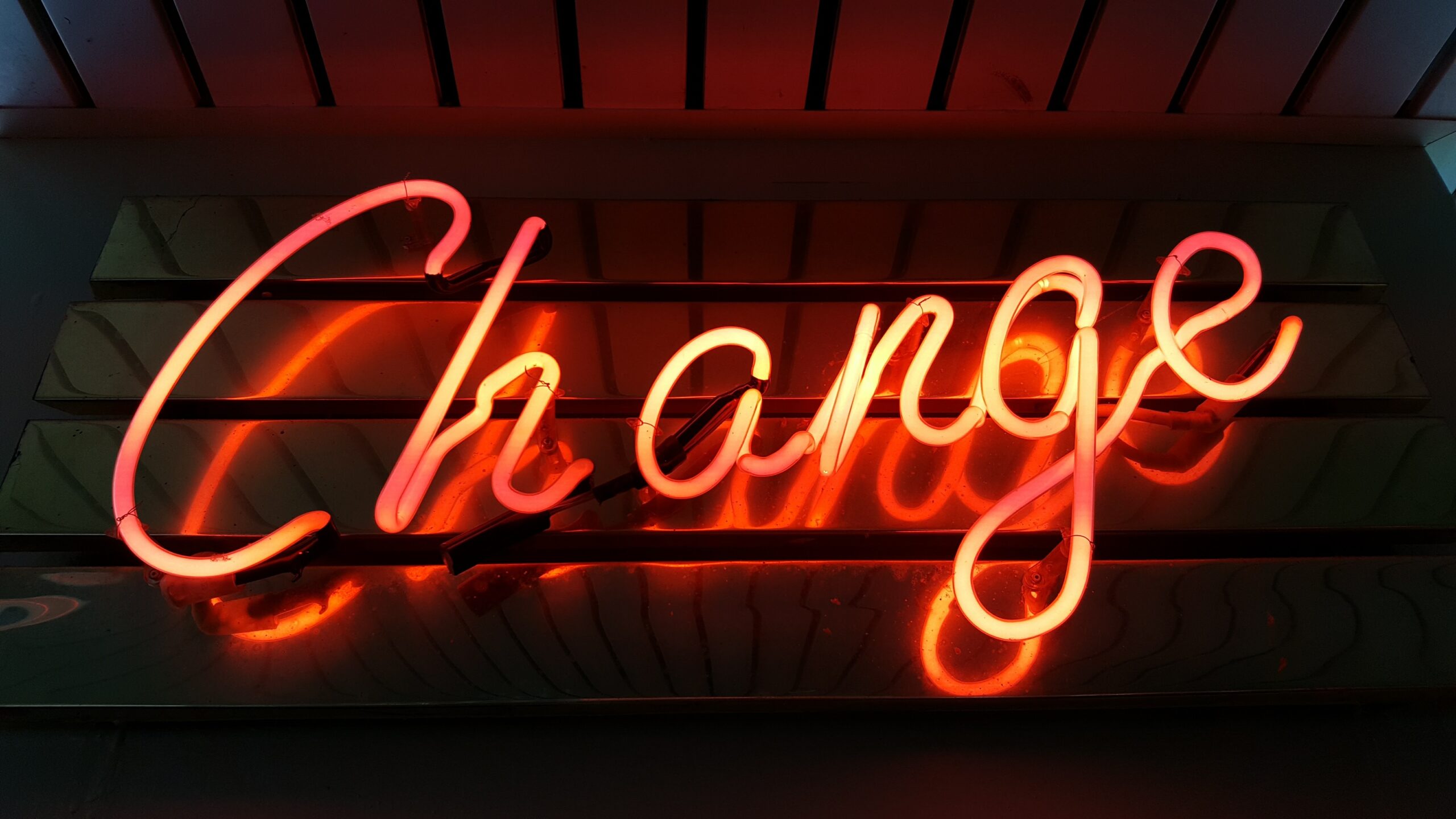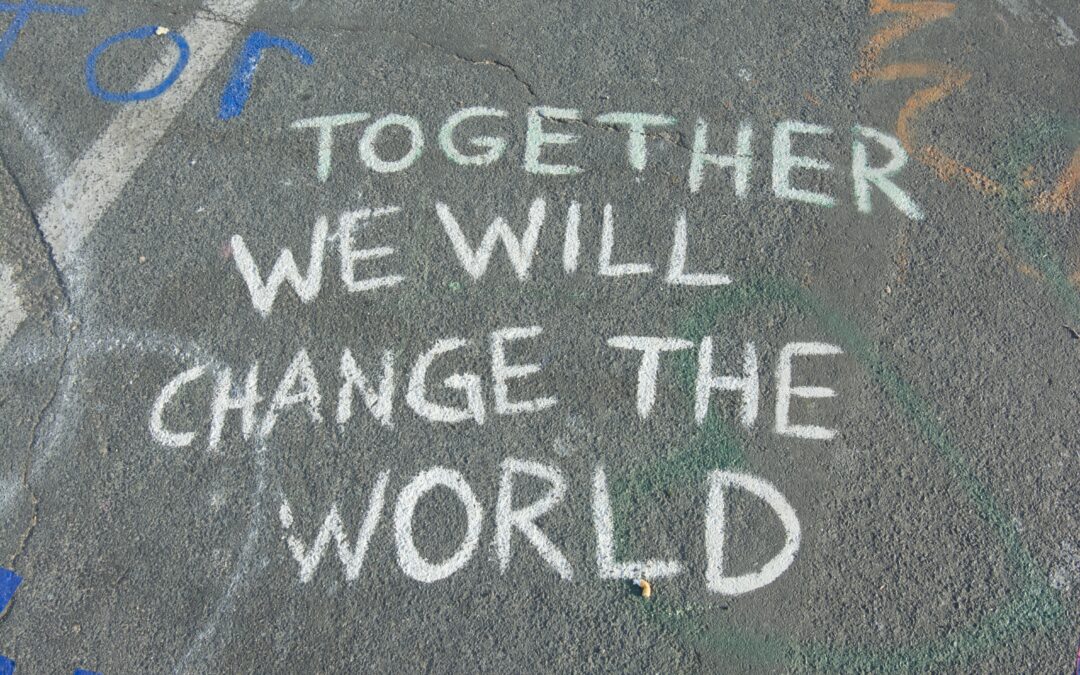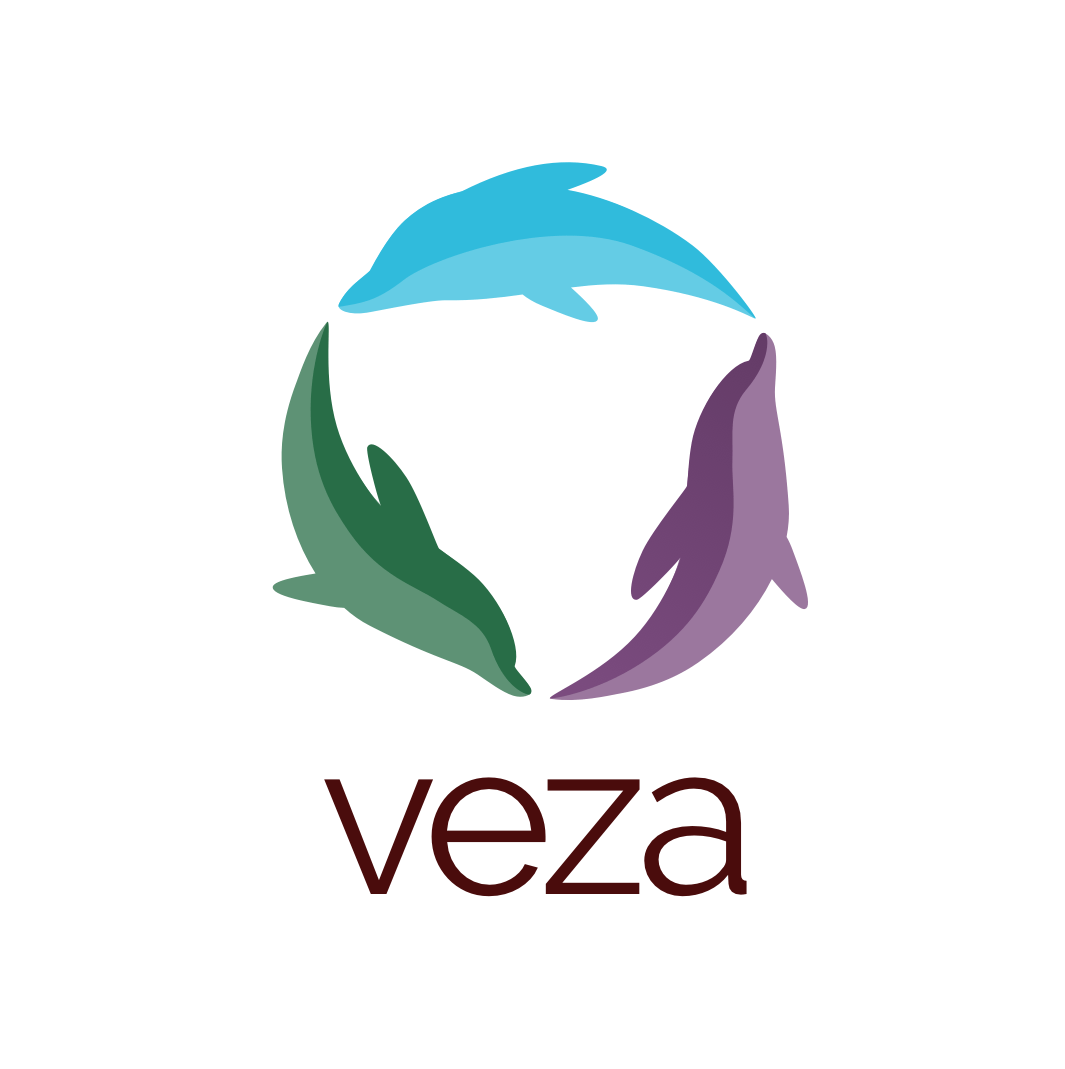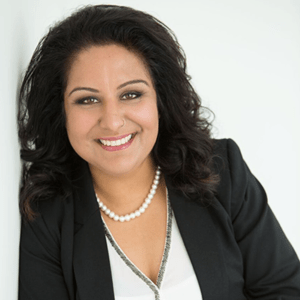
by Manpreet Dhillon | Mar 3, 2023 | Community, Diversity, Equality, Management
Equity, Diversity, and Inclusion (EDI) have been important considerations in the workplace for many years. However, it’s time to move beyond this way of thinking and approach EDI from a different angle. Enter “IDEA+B”—an acronym that stands for Inclusion, Diversity, Equity, Accessibility, & Belonging.
This new framework flips the traditional viewpoint on its head and puts inclusion front and center as a core value of any business. This approach recognizes that inclusion in the workplace is the starting point to achieving greater equity, diversity of thought, accessibility, and ultimately a greater sense of belonging.
What Is IDEA+B?
IDEA+B is a new way of looking at EDI that puts inclusion first. Instead of starting with equitable systems and processes as a means to attract diversity and result in inclusion, IDEA + B starts with inclusion, leading to diversity of thought and equity. It encourages businesses to prioritize creating an inclusive environment where everyone can feel welcome and valued—regardless of their background or identity.
Organizations can think about; how do we bring diversity of thought into everything that we do, and what does that look like?
By making inclusion a central part of their mission statement or corporate values, businesses can inspire employees to think about diversity in terms of what perspectives may be missing or underrepresented within their organization. Creating inclusion in the workplace means understanding that each person’s action or inaction influences how someone else feels. Find out more about how inclusive culture creates community here.
IDEA + B focuses on creating systems and processes that are equitable for all groups within an organization. It emphasizes overcoming barriers that prevent individuals from feeling included, such as language barriers or inaccessible technology platforms. Small gestures such as using progressive, intentional language or recognizing other people’s cultural celebrations can go a long way in helping people feel welcome.
Diversity and Inclusion
Finally, IDEA + B seeks to create a sense of belonging within organizations by asking questions like: “How can we create an environment where everyone feels at home?” Creating an inclusive workspace means understanding different perspectives so all voices can be heard, and everyone feels welcome and respected. Find some simple and practical steps you can take to create a more inclusive company culture here.
The Benefits Of IDEA + B
By implementing IDEA + B into your business practices, you can create an inclusive environment where everyone feels welcomed and valued—no matter who they are or where they come from. This will lead to increased productivity and creativity among employees since they will feel like they are part of a team.
Additionally, organizations will become more attractive to potential hires since candidates will know that their diversity is embraced and valued as they see themselves being reflected within the establishment. Inclusive organizations are also more appealing to customers who want to align their money and values when it comes to who they give their business to.
At Veza, we are shifting our focus to IDEA + B, drawing attention to inclusivity first, allowing a variety of voices to be heard, and then creating truly equitable systems and processes. Ultimately, this leads to more diversity in the workplace, a sense of community, and a feeling of belonging.
This new framework will provide clarity and perspective as we continue to advocate for equity deserving groups, and help you create more equity, diversity, and inclusion in the workplace with a real emphasis on belonging. Find out more about how Veza can support your inclusive culture through assessments and audits here!

by Manpreet Dhillon | Jul 5, 2022 | Community, Diversity, Equality, Management
In the recent news events of Roe vs Wade, it became very clear that benefits can also be inclusive. We saw many companies alter their requirements to accommodate their employees’ needs based on legislation changes.The time we live in is truly about values alignment between employers and employees. Employers are taking a stand as social issues directly impact them. The staff continuously evaluates whether the values of their employer align with their own. This has both a positive and a negative side.The positive is that it supports the attraction of culture and candidates who are likely to stay longer as there is a deep value alignment. Employees are happier and more productive when there is value alignment.The negative that organizations need to watch out for is group think. The whole point of diversity of thought is to have various perspectives so that you can create products and services that serve the needs of the communities you serve.When we have politically aligned individuals to the majority, we may miss a perspective that could serve a portion of our clientele.It is a fine balance between aligning the organization’s values and how politics influences our workplace. Now is the time for conversations and the opportunity to focus on each individual’s contribution.

by Manpreet Dhillon | Jun 15, 2022 | Community, Diversity, Equality
You may have heard the quote, “Diversity is about being invited to the party, inclusion is dancing at the party, and belonging is feeling a part of the party.” (Having lost track of the person who said this, I apologize for not attributing to the right individual).
Recently, I (Manpreet) took a train from the Netherlands to London.
As I stood in the line-up, a passenger cut me off and proceeded to move through the security line ahead of me. Shocked, I said, “excuse me, it was my turn next.” I said this not because of where I was in the queue, as we were all heading in the same direction, but because this person pushed me aside to step in front. He goes, “Nope, I was in front of you. ”The staff member interjects, “Sorry, sir, the madam was ahead of you. She stepped back to let the business premier passenger go ahead.”
The passenger continued to argue as he gathered his things. We both arrive at passport control, and he starts again about how he was ahead of me, that I was standing too close to him (remember he budged in front of me) and that this is what dark-skinned people always do. The passport control officers looked at the man from the Netherlands and me, shook their heads, and looked down.
At that moment, I felt really small and, in a shaky voice, said again, “No, you cut in front of me, but our recollections differ, so you can believe what you want. ”At this moment, what inclusion and belonging would have felt like is to have the support of the passport control officers. Like the staff member who acknowledged my presence, made eye contact with me and found a way to interject.
The response could have been as simple as holding one of us back to create space, changing the topic, or asking if I was okay. We all have a duty to one another to create an inclusive community. It is crucial to remember that each of our actions or inaction influences how someone else feels at that moment.
I share my story as many of us constantly witness these situations. Sometimes it feels safe to say something, and sometimes, it doesn’t. However, when you are in a place of privilege behind a glass barrier and control someone’s movements – you have the power to influence the situation.

by Manpreet Dhillon | Jun 9, 2022 | Community, Diversity, Equality, Management
The change in organizational culture brought about by the EDIB journey can be uncomfortable, difficult, and result in the creation of distinct groups based on beliefs, values, and experiences.
In these cases, it is crucial to bring together the team on organizational values, aligned ways of working, and commonly shared beliefs that impact the work of these individuals.
In our work with clients, much of our audit time is spent advising clients on approaching the change management and coaching them on difficult conversations and team dynamics. Some of our key lessons learned include:
- Understand what your team truly desires either through focus groups or surveys or 1:2:1s
- Understand what the resistance to change may be or will be and how to address it
- Identify champions within the organizations
This is the start of managing organizational change.
Always, feel free to take Veza Global Inclusion Self Assessment Quiz as way to measure where your organization is on the Equity, Diversity and Inclusion maturity model.

by Manpreet Dhillon | May 31, 2022 | Community, Diversity, Equality
In the last few years, this week in May has shown us as a society where we need to do better, be better, scream for change and create change within our sphere of influence.
- May 25, 2020: George Floyd was murdered
- May 27, 2021: Announcement by Tk’emlúps te Secwépemc First Nation of 215 unmarked graves found at the former Kamloops Indian Residential School site.
- May 24, 2022: Twenty-on (21) including 19 kids killed by a shooter in Uvalde, Texas
Each of these incidents was devastating on their own. We honour the lives that were lost. Through their sacrifice, we hope we can be the catalyst for change.
We have seen how these events outside the business world impact our work internally, as our team members are human. They experience emotions, reduced productivity and shock. They are enraged, and rightly so. Political beliefs are brought into the workplace and are causing more division, but it isn’t because of political beliefs. It is the space that we create to understand why someone believes something and remember that they are the same person who they were the day before – even though they may believe something different than us.
The foundation of the equity, diversity, inclusion and belonging work that Veza does is to ensure we remember not to label each other as that is where we separate ourselves from the other. It is about finding common ground as all of us are hurting somehow. In coming together through veza (connection), we can truly heal.
For all those who have sacrificed their lives so that we can change as a society, we honour you. We will remember what you have done. You did not have to go in so much pain. You didn’t deserve that. What you do deserve is that each of us who is still here will be your voice, the catalyst for change needed, and see others with compassion as we use our voices for the change.
If you are feeling helpless or unsure of how you can make a change:
- Remember, your voice matters. Who has the influence to champion the change you seek? Talk to them and engage them to be your champion.
- Pick one topic where you can make an impact and dive in. There is much change needed in this world. Allow yourself to be drawn to the closest one to your heart.
- Find a community of supporters who are also looking to make similar changes. There is power in numbers.
At Veza, the foundation of our work is in coaching individuals who are passionate about creating change in the world. That is where we started in 2009 formally. Reach out to us, and we are happy to have a conversation with you on your change-making plan.

by Manpreet Dhillon | Mar 19, 2022 | Business, Community
The systems that we live in can be exhausting especially when you are doing so much to change them. It is frustrating, agitating, can bring up feelings of hopelessness and a span of other emotions. It can be very defeating when you have put your time and energy into doing your best to positively impact the organization and the world.
These feelings are all very valid. All of us have been there, especially when you work in human resources or equity, diversity, inclusion and belonging. The resilience and capacity to deal with the emotions decreases, however the fire inside you still burns.
It is that fire that is the fuel for real change.
That fire can be harnessed by finding areas of influence that are in your sphere.
So what is in your control?
Partnerships – who finds out about the job opportunities open in your organization? Sharing them with organizations that support equity deserving groups is a great way to create change in one person’s life. (Veza created this hiring partners and supplier diversity list that may be useful)
Diversify Suppliers – to create true economic change for equity deserving groups hire them and their companies. Truly move your money to companies that otherwise may not be a part of the supplier list for your organization
Community – connect with others who are also interested in changing systems and share best practices. Currently, Veza hosts this group on Linkedin and soon we will be announcing something special in this area so please keep a lookout on the space
What are strategies that you use to impact your sphere of influence?








 Ishu Kler is a photographer and Social Media Manager at Veza Global. She currently owns and operates a freelance photography company called Ishu Kler Creative where she specializes in branding, portrait and event photography. Born and raised in Vancouver, B.C., her love and passion for photography led Ishu to travel and live in New Delhi, India, where she obtained her Diploma in Photography. She also travelled to Costa Rica in 2015, where she obtained her Certificate in Documentary Photography from Photographers Without Borders.
Ishu Kler is a photographer and Social Media Manager at Veza Global. She currently owns and operates a freelance photography company called Ishu Kler Creative where she specializes in branding, portrait and event photography. Born and raised in Vancouver, B.C., her love and passion for photography led Ishu to travel and live in New Delhi, India, where she obtained her Diploma in Photography. She also travelled to Costa Rica in 2015, where she obtained her Certificate in Documentary Photography from Photographers Without Borders.
 Kelsey is a passionate Multimedia Designer & Communications Specialist with a diploma in Multimedia Production and over nine years of diverse design experience in different areas of the world including roles within multinational in-house marketing teams Microsoft and Technetix, marketing agencies and freelance. These experiences have led her to develop strong use of design principles, skills in Adobe Creative Cloud, knowledge in motion graphics and video editing, and knowledge in creating effective communication for a wide range of audiences and cultures.
Kelsey is a passionate Multimedia Designer & Communications Specialist with a diploma in Multimedia Production and over nine years of diverse design experience in different areas of the world including roles within multinational in-house marketing teams Microsoft and Technetix, marketing agencies and freelance. These experiences have led her to develop strong use of design principles, skills in Adobe Creative Cloud, knowledge in motion graphics and video editing, and knowledge in creating effective communication for a wide range of audiences and cultures.




